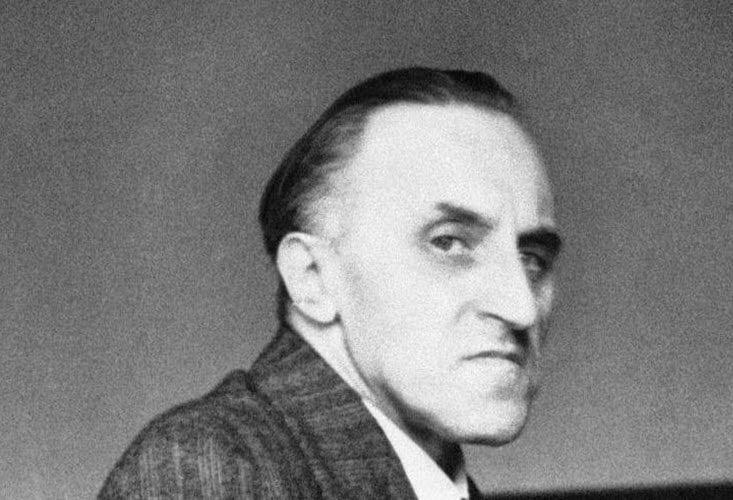Carl von Ossietzky: A Voice for Peace in Turbulent Times

Carl von Ossietzky (3 October 1889 – 4 May 1938) was a German journalist and pacifist. In 1929, he was awarded the Nobel Peace Prize.
Life and Career
He was born on 3 October 1889, in Hamburg, Germany. His formal education was limited, as he left school at the age of 14 to become an apprentice at a bookshop. However, he was an avid reader and self-taught himself through his extensive reading and involvement in left-wing political and intellectual circles.
He became involved in left-wing politics during his youth and joined the Social Democratic Party of Germany (SPD) in 1915. He served in World War I as a non-combatant medic, and after the war, he worked as a journalist and editor for various left-wing publications. He was particularly interested in the intersection of politics and culture and wrote extensively on topics such as literature, art, and theater.
His work was focused on promoting peace, democracy, and human rights, and opposing militarism and totalitarianism. He was a journalist, editor, and political activist, and used his platform to speak out against the rising Nazi regime in Germany during the 1930s.
Ossietzky was the editor of the magazine “Die Weltbühne” from 1927 to 1933, which was known for its progressive and anti-war views. He also wrote extensively on issues such as disarmament, international relations, and civil liberties. His writings and speeches were influential in shaping public opinion and political discourse in Germany during the interwar period.
He was particularly focused on exposing the rearmament and militarization of Germany under the Nazi regime. He was a strong critic of Hitler and the Nazi Party and worked tirelessly to warn the world about the dangers of Nazism and fascism.
Despite being imprisoned and tortured by the Nazis for his political views, Ossietzky continued to write and speak out against totalitarianism until his death. His work inspired generations of activists and thinkers who continue to fight for peace and democracy today.
He died on 4 May 1938, in Berlin, Germany.
Award and Legacy
In 1929, Ossietzky was awarded the Nobel Peace Prize for his work as an anti-militarist and pacifist.
In addition to the Nobel Peace Prize, Ossietzky received several other awards during his lifetime, including the German Peace Prize in 1932.
The Carl von Ossietzky University of Oldenburg in Germany is named in his honor, as is the Ossietzky Prize, which is awarded annually by the German section of the International Association of Lawyers Against Nuclear Arms.
His legacy is as a prominent figure in the German resistance movement against the Nazis. He was a leading voice in the fight against militarism and totalitarianism in Germany and Europe. Ossietzky’s work and ideals continue to inspire those who seek to promote peace and democracy around the world.
Observer Voice is the one stop site for National, International news, Sports, Editor’s Choice, Art/culture contents, Quotes and much more. We also cover historical contents. Historical contents includes World History, Indian History, and what happened today. The website also covers Entertainment across the India and World.
Follow Us on Twitter, Instagram, Facebook, & LinkedIn

